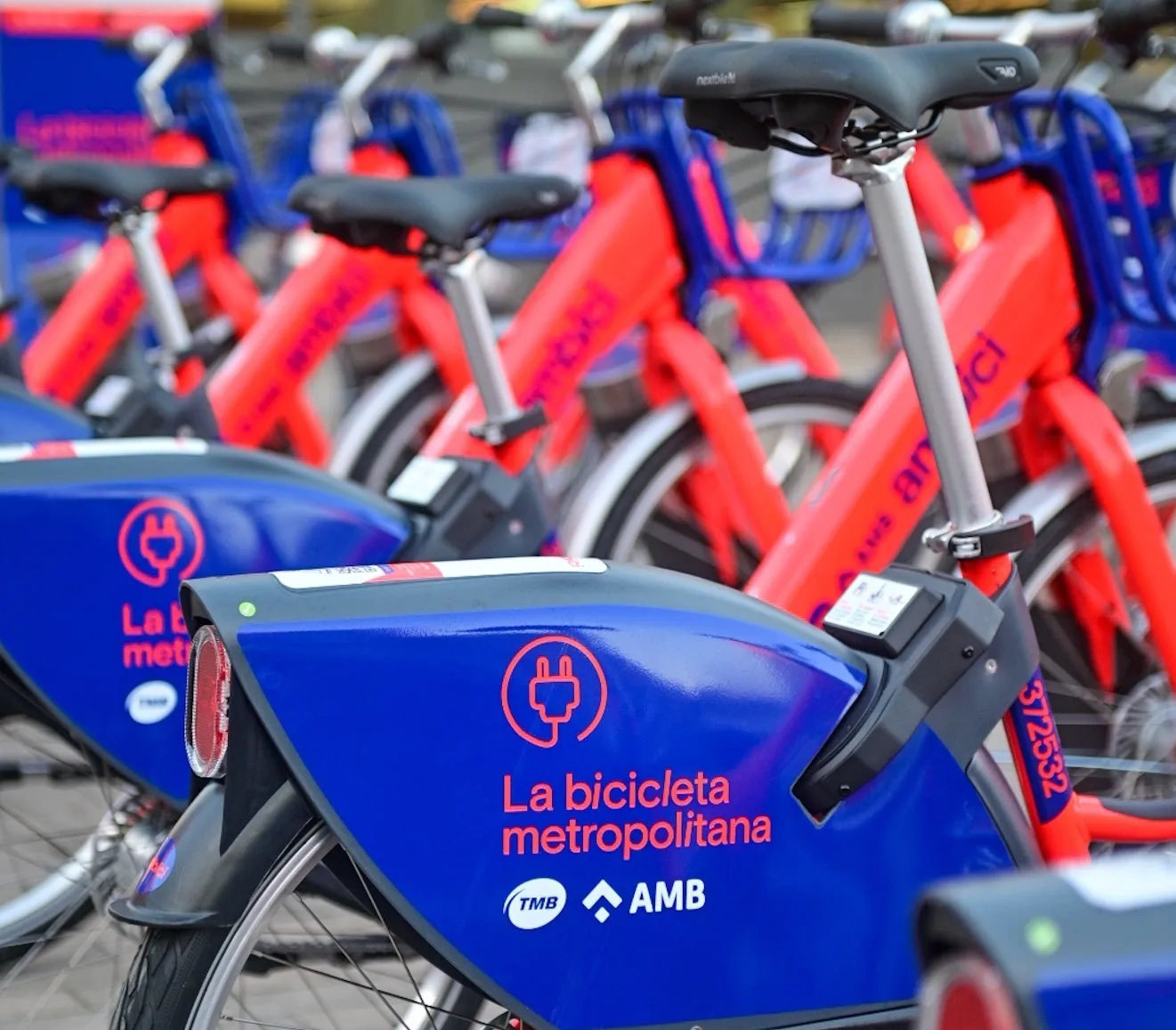Xerox has announced it will continue to help the Philadelphia Parking Authority simplify parking for Philadelphia drivers and make the process more efficient for the city with a new seven-year, US$75 million contract. Xerox’s parking management programme was selected after a public bidding process to improve customer service with a new website during the next year that allows for online applications for resident parking permits, the ability to schedule hearings and submit inquiries online and enable individ
June 20, 2012
Read time: 2 mins
Xerox’s parking management programme was selected after a public bidding process to improve customer service with a new website during the next year that allows for online applications for resident parking permits, the ability to schedule hearings and submit inquiries online and enable individuals to view parking citation data and photos of some violations, including descriptions, dates, locations and amount due. The system can also alert registered users via email about new tickets or that outstanding tickets are about to incur penalties.
Additionally, enforcement officers will receive new handheld electronic ticket writing devices with the ability to take photos and provide GPS coordinates. Xerox says this technology has the potential to reduce disputes and increase collections, as well as alert towing or city parking personnel to the location of ticketed vehicles with tow away zone violations.
“Xerox has proven itself as an integral part of the Philadelphia Parking Authority’s effort to provide world-class parking service for people who live, work or visit Philadelphia,” said Vincent J. Fenerty, Jr., executive director, Philadelphia Parking Authority.
Xerox has successfully managed, and operated parking systems for more than 30 cities in the United States and 300 cities in Europe, including nearly 100 jurisdictions in the United Kingdom during the past 40 years.









